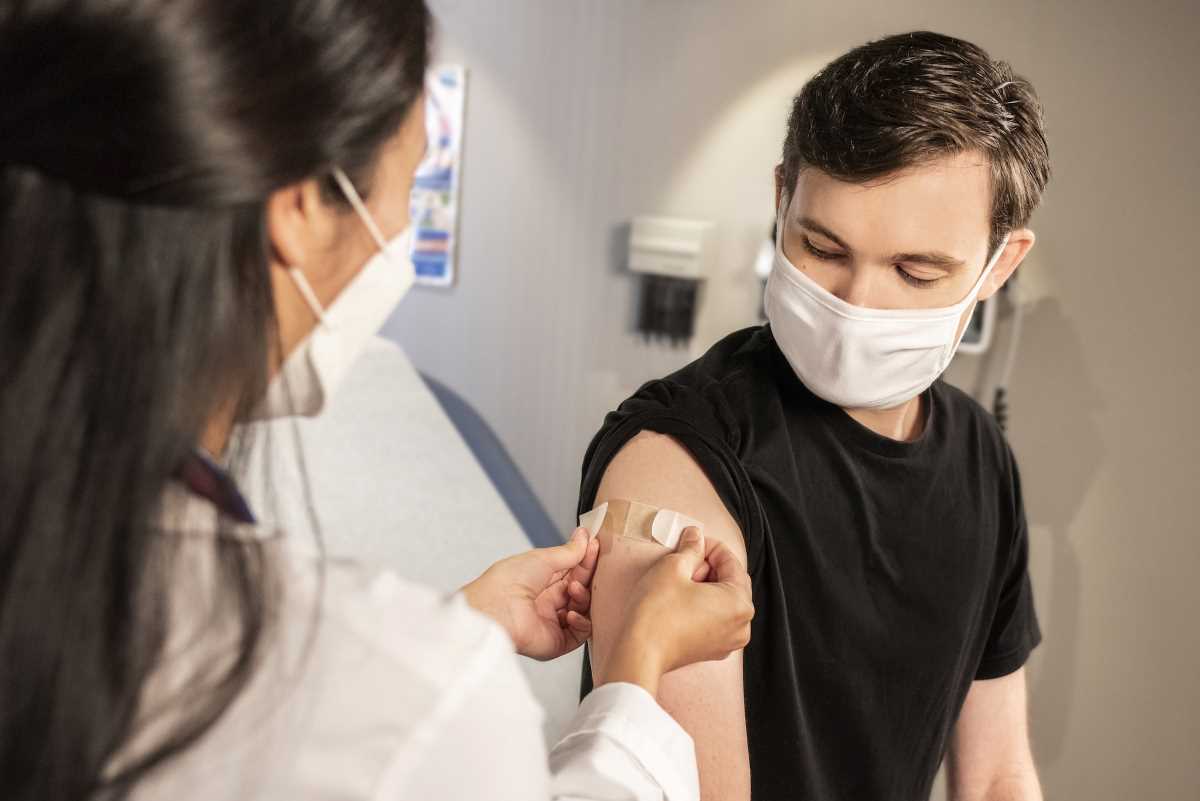Mexico's Winter Campaign Against Covid-19 Kicks Off
Mexico's National Vaccination Campaign for winter 2023-2024 is set to protect against flu and Covid-19. With 54.6 million doses, it's a 'no one left behind' strategy, targeting the most vulnerable. Accessible vaccination centers make it a winter of health for all.

When winter's chilly winds blow in, two notorious villains tend to rear their ugly heads – the flu and Covid-19. But Mexico, with the gusto of a luchador ready for a showdown, has hatched a plan that's nothing short of heroic. The Ministry of Health has just thrown down the gauntlet, announcing the start of the National Vaccination Campaign for the 2023-2024 winter.
From October 16, 2023, to March 31, 2024, the country will transform into a battleground against these twin threats. The mission? Protect the Mexican population, especially those in vulnerable conditions, from the menacing grasp of influenza and the ever-elusive Covid-19.




